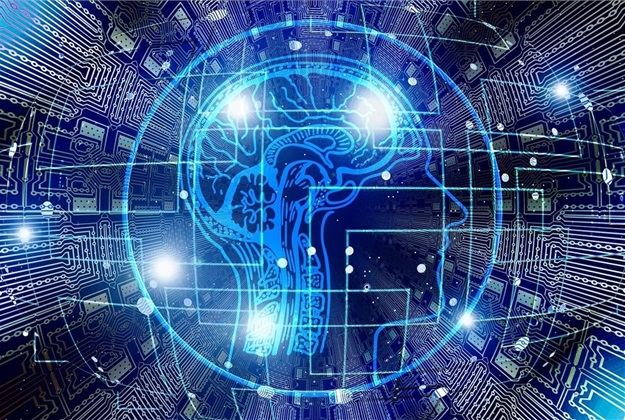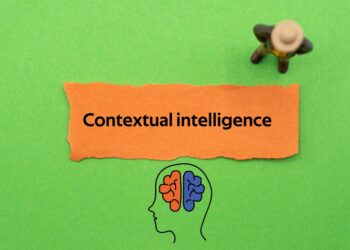
1. AI and the Turing Test
Artificial intelligence (AI) will pass The Turing Test, meaning AI will match or exceed human intelligence in many areas. However, since many vendors claim they can integrate AI into their products and services, we’ll have to “kiss a lot of frogs” before finding our prince or princess.
2. The Rise of the Developer
Developers will move to the centre of the business, enabling modern app-based innovations to drive business transformation. On a related note, IT will drive app-driven digital transformation, and IT job descriptions will match R&D and engineering such as app development.
3. 5G-Fueled Innovation
5G networks will unleash multi-gigabit connection speeds for mobile phones. This will push enterprises toward thinking mobile first or mobile only. And because most us use mobile more than other devices, this will create tremendous user satisfaction.
4. Spotlight on the Edge
Edge computing will complement data centres and cloud platforms to deliver new customer experiences and enable new applications and use cases. Domain expertise (not technology) will be the roadblock for IoT and edge applications. In other words, the technology is the easy part. How we apply it to an industry or use case takes more work. Hence, I expect startups to drive growth in this area.
5. CIOs and Revenue Generation
CIOs will become increasingly more responsible for revenue generation. This has already been happening for the past few years. Over the next five years, I believe this trend will gain momentum.
6. CIOs: The Guardians of Trust and Reputation
As our businesses become more tech driven, companies are increasingly opening themselves up to cyberattacks and customer data loss. In this landscape, the Office of the CIO will become the new guardians of corporate trust and reputation to build and protect customer relationships, including, Data privacy, Cybersecurity, Digital user experience and Regulatory compliance.
However, we’ll need to earn this designation daily.
7. IT-Influenced Product Innovation
As IT leaders, we know what it means to walk in our customers’ shoes. Over the next few years, CIOs and IT organisations will move beyond the IT stack to greatly influence the product design and development function. The IT team in most companies will evolve into the digital organisation. We’ll become the voice of the customer to educate companies about how their customers would discover, learn, try and buy products and services.
8. Leaps in Digital Employee Experience
Digital employee experience will become a huge differentiator to attract and retain talent. This trend is quickly picking up speed. While free food, open offices and pool tables are talked about as differentiators, employees simply want to have the right tools, policies and processes to get their job done.
IT is now collaborating with business partners like HR and sales to improve digital experiences across the employee lifecycle, from recruiting to retirement. Even more so over the next half-decade, employee digital experience will be treated with the same priority as our external customers’ experience.
9. Cloud Priorities Shift
So far, enterprises adopt cloud primarily for disaster recovery or to build new apps. Now, they will pivot to leveraging innovations like Kubernetes and multi-cloud solutions to modernise core business apps and processes.
10. Multi-enterprise Blockchain Collaboration
Blockchain will facilitate greater transparency and push cross-industry collaboration. Increasingly, this will be a way to fix data integrity issues across multiple corporations—an emerging issue blockchain is solving by enabling trust in transactions in new ways.










Discussion about this post